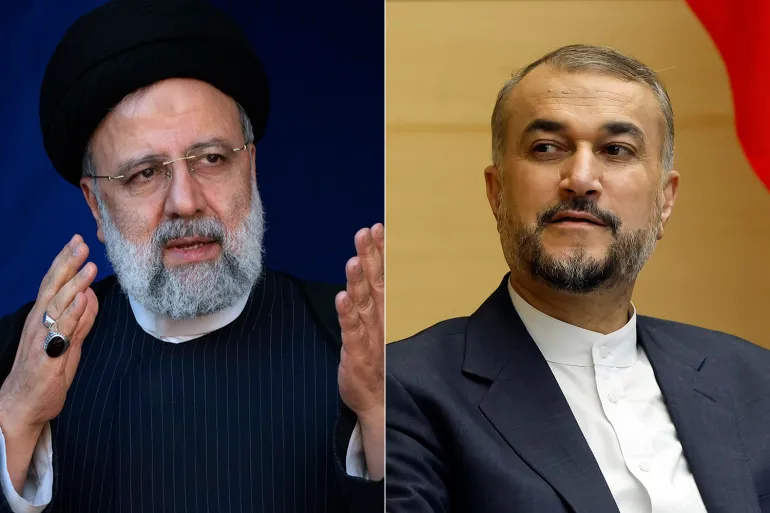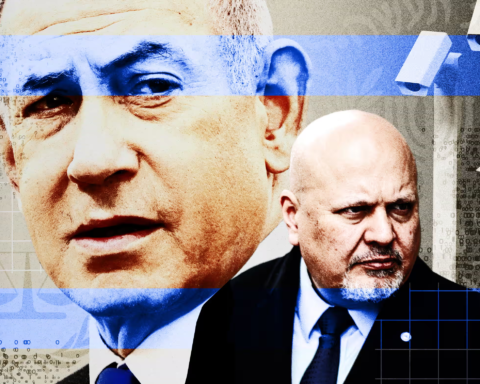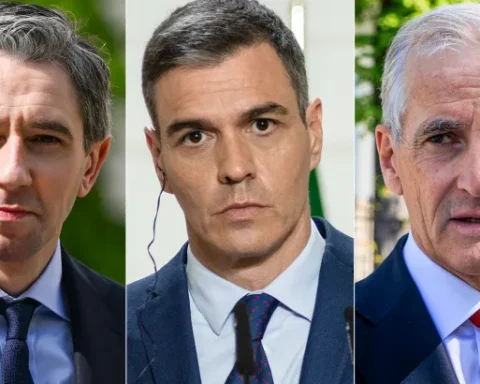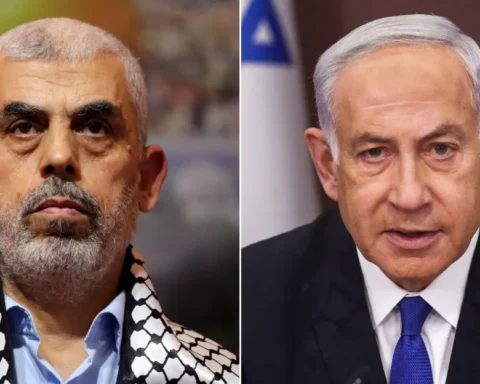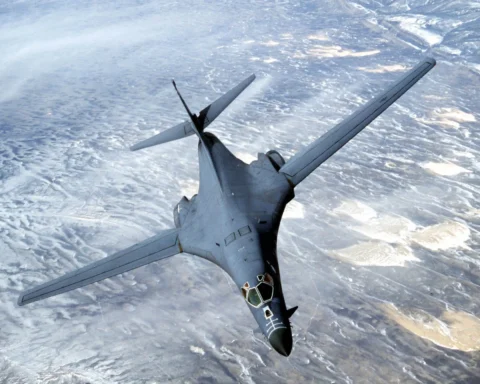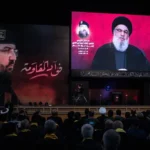Iran’s political establishment is at a crossroads following the death of President Ebrahim Raisi. The upcoming presidential election presents two risky choices: open the race to all candidates or limit it to hard-liners. This decision will test the legitimacy of the Islamic Republic amid declining voter turnout.
Ayatollah Ali Khamenei, Iran’s supreme leader, faces a dilemma. He could allow a competitive election, including moderate candidates, risking a shift away from his desired direction. Alternatively, he could restrict the race to loyalists, risking further decline in voter turnout, which has been falling since 2016. The recent parliamentary election in Tehran saw a turnout of only 8%, highlighting public disillusionment.
Political analysts like Mohammad Ali Shabani and Sanam Vakil suggest that low turnout indicates a growing detachment between the state and society. The regime’s increasing authoritarianism and repression have contributed to this alienation.
Potential candidates include Mohammad Baqer Ghalibaf, a pragmatic technocrat, and Saeed Jalili, a hard-line loyalist. However, neither offers a clear path to resolving Iran’s economic crises or improving public sentiment. Past elections have shown Khamenei’s preference for loyalists, resulting in low voter turnout and limited public trust.
With Khamenei’s age and health concerns, ensuring a stable leadership transition is crucial. Despite pressures to open up politically, the likelihood of significant change remains slim. The regime’s focus on maintaining control and unity among the elite suggests continued resistance to reform.
Iran’s leaders must navigate these challenges carefully. As Ellie Geranmayeh notes, surprising political shifts are possible, but the regime’s current trajectory points towards increased authoritarianism and public disillusionment.
If the public loses faith in electoral change, the risk of unrest grows, threatening the stability of the Islamic Republic.
